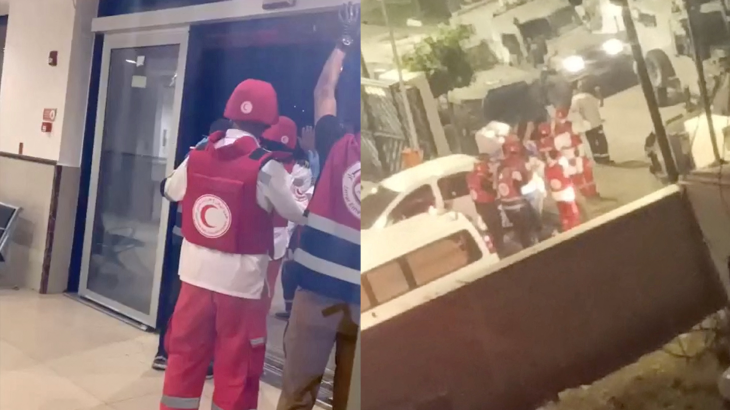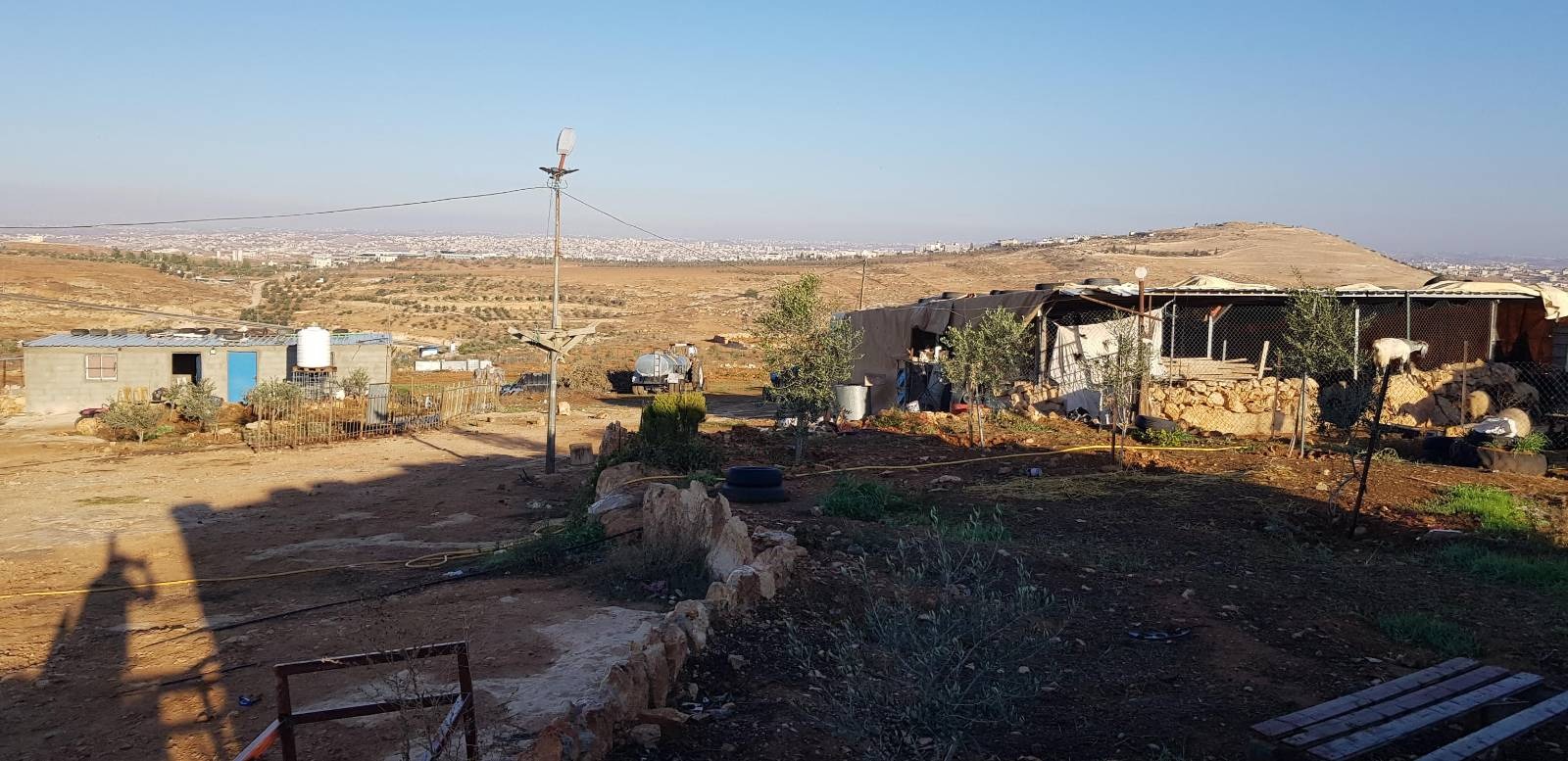-
We Are Our Mountains
18 November 2023 | International Solidarity Movement | Al-Quds “Welcome to Little Little Armenia”, we hear as we walk past the barbed wire and stone barricades in the Christian section of the Old City of Al-Quds (Jerusalem). Armenian flags fly from atop walls and mounds of rubble. This land, the size of about a quarter […]
-
42 Days Transgressed: Legal Restraints on Life Support from Jenin to Gaza City
17 November 2023 | International Solidarity Movement | Jenin, Gaza Through the war riddled lens of Palestinian journalists’ reports and social media posts, we have watched the crossing of an invisible line. As an American nurse doing human rights monitoring work in the occupied West Bank, I woke today to see the lens focused on […]
-
Masafer Yatta: Shi’b Al Butm villagers determined to stay on their land
16 November 2023 | International Solidarity Movement | Masafer Yatta Shi’b Al Butm is a village on the side of one of the South Hebron Hills. It is home to 18 Palestinian families with an illegal Israeli settlement close by, and a settler outpost sprouted by the main settlement even closer, very near the houses […]
Action Alert An Nabi Saleh Apartheid Wall Arrests BDS Bethlehem Bil'in Cast Lead Demonstration Denial of Entry Ethnic Cleansing Farmers Gaza Global Actions Hebron House Demolition International law Israeli Army Jerusalem Live Ammunition Nablus Ni'lin Prisoner Ramallah Rubber-coated steel bullets Settlement Settlers Settler violence Tear-Gas Canister Video



